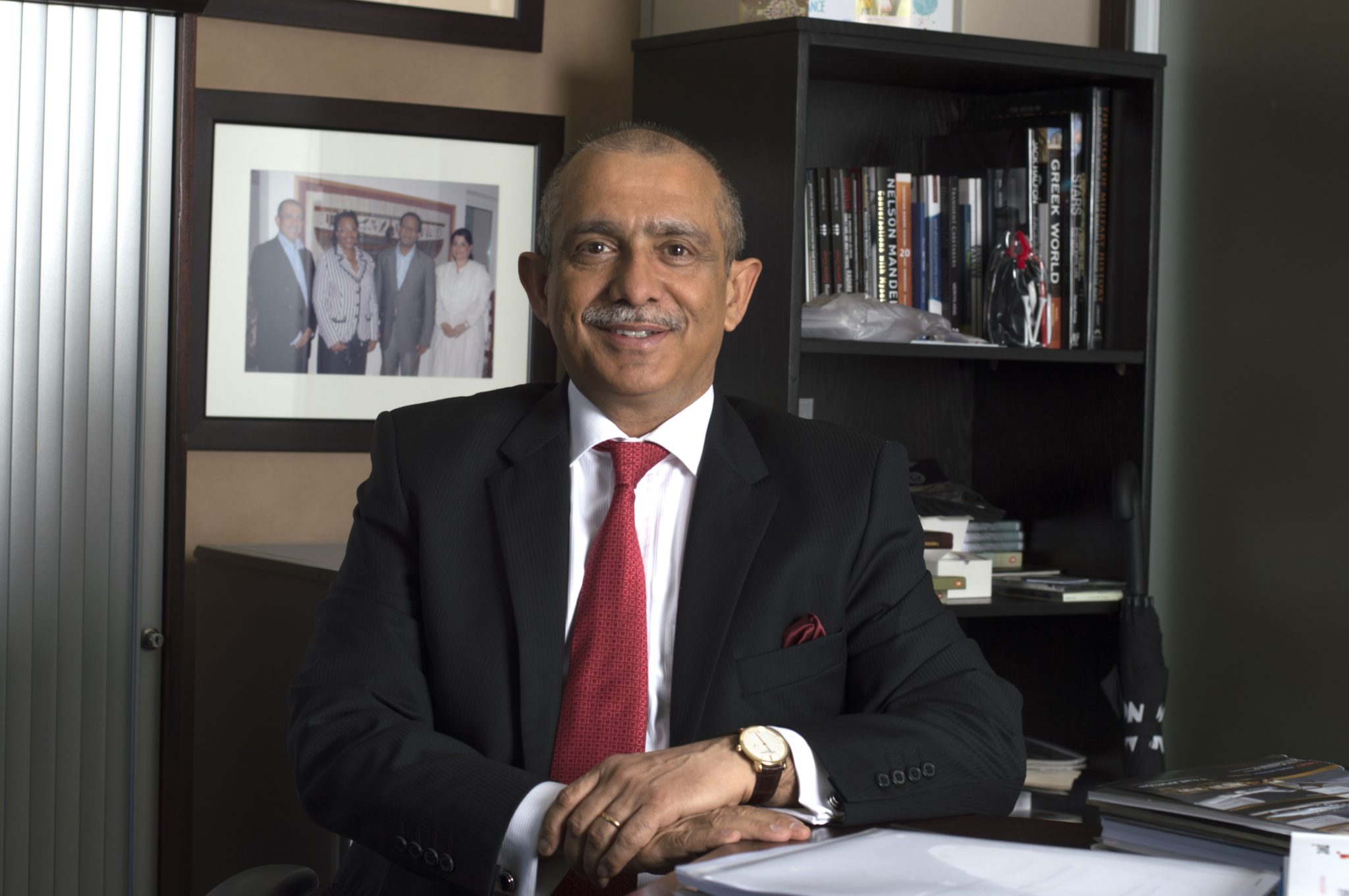We all possess an invisible crystal ball that works illimitably in our minds. For most, it is the subconscious belief that conditions are going to get better; the next day will eclipse the last and so forth. I call it ‘the optimist’s theory of mitigation’; we subconsciously coerce our minds to believe that over time, all risks can and will be mitigated. This is what makes us human.
As I ponder over this theory and historic events, I cannot but ruminate on the current Covid-19 pandemic. We have seen nothing like this before. The only people who have any recollection of something similar are centenarians who would have then been at least teenagers during the Spanish Flu in 1918. Not many left! The Spanish Flu did not originate in Spain as many believe; the flu actually started after World War 1 and was first detected in US troops who spread the pandemic.
There are volumes written about the causes and impact of the H1N1 virus that spread influenza across the globe. Even at that time, the infection spread across the world with 500 million people contracting and about 50 million people dying from the virus. Those are scary numbers. At that time, there were no advanced medical facilities, Intensive Care Units or mechanical life support systems and/or ventilators. It took approximately 12 months for the pandemic to stop; it is widely believed that it was not a vaccine or a cure that eradicated the pandemic but it ceased after people had either died or developed immunity. What the flu taught humans was that in keeping with Murphy’s Law, things will go wrong and the impact of these pandemics will be severe; both humanity and economics will be casualties of exponential dissemination. However, as humans, we have always prevailed and come out stronger.
What appears to be consistent remedies to containment, but not eradication, are social distancing, hygiene, wearing masks, lockdowns and flattening the curve measures that were adopted in 1918 as they are being done today. Time and again, nature reminds us through various outbreaks that something sinister can happen. In the aftermath of the Spanish Flu, a lot of research was done on the pandemic but in reality, no vaccine can be developed in advance for a virus that constantly mutates itself. It is not surprising that we managed to contain various pandemics like the Asian Flu in 1957-58, AIDS since 2001, H1N1 or the Swine Flu in 2009-10 and Ebola from 2014-16. The question therefore is not only whether there is a way out, but is there a way we can prepare better. We come back to the age-old malady that we tend to learn from what we have done right and not from what went wrong.
The winners that will come right at a time like this is innovation led by technology. The revolution will be meteoric. Even for dinosaurs like me, the adaptation to these times has been expeditious. Managing a business spanning three continents by sitting in front of my desktop was never conceivable. The mind has once again proven its superiority over matter. If we believe we will surpass any crisis.
Loading...
There are no right answers during a crisis. How did our leaders act when they were faced with the question of risk to their citizens? Do we enforce lockdowns or do we allow normalcy and then to what degree? Does what works in one country necessarily work in another? History will judge each one as we are living through a period when there are no immediate answers. It’s frightening that even the most learned ones revel in the theory of “being less wrong” than others. More realistic is the fear that the only solace we will find is when our bodies and businesses face the test of immunity; immunity that is the only answer for survival and continuity.
But this is the sad reality of our current time. As we continue to experiment through this ordeal, I encourage everyone to revert to my ‘optimist’s theory of mitigation’; we will find a way out and let no one judge anyone, particularly our leaders (save a few), on what course they selected, as they risked a lot in making the choices that impact the lives of billions. Never before as leaders have we had to take one day at a time to course-correct. It is unprecedented in our lifetime. Let us stand together, follow the law in letter and spirit, contribute towards the destitute, celebrate each success and exonerate our failures as there is light at the end of this tunnel; we simply need to revel with optimism.
– Rakesh Wahi, Founder and Publisher, FORBES AFRICA
Loading...
